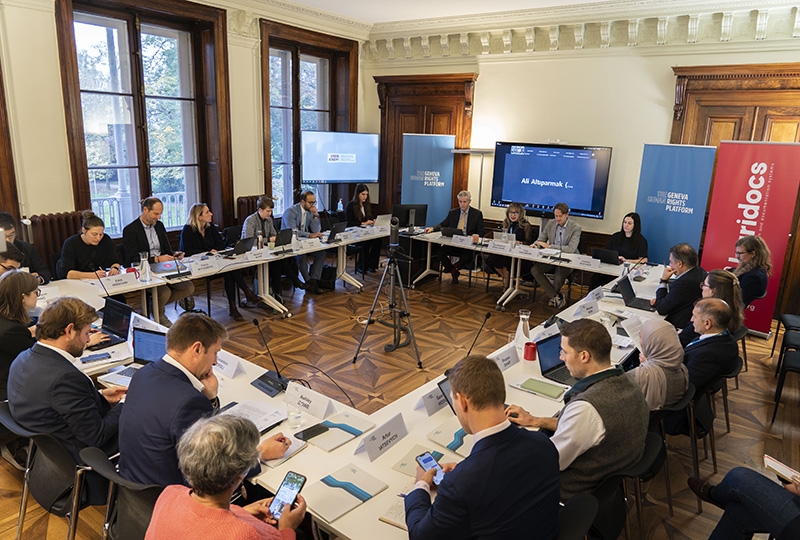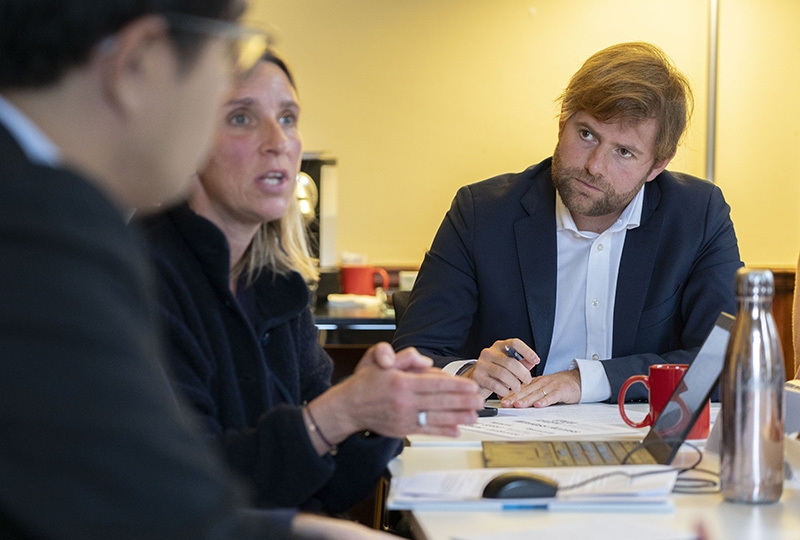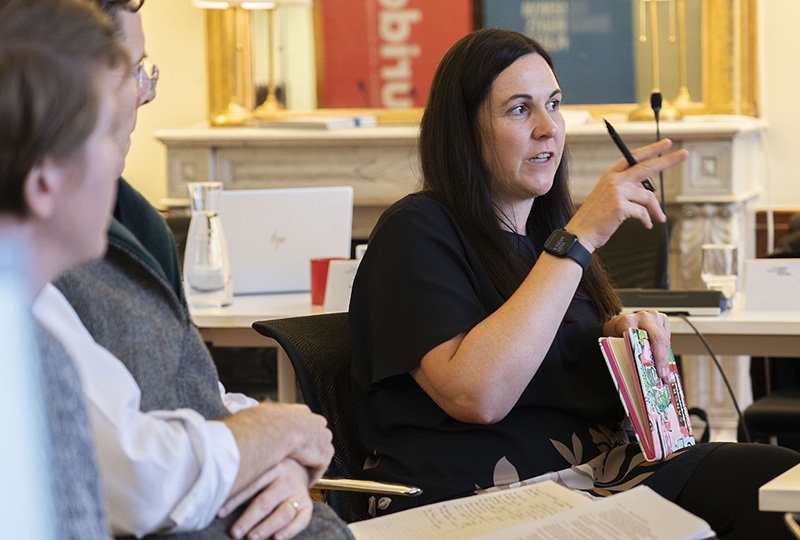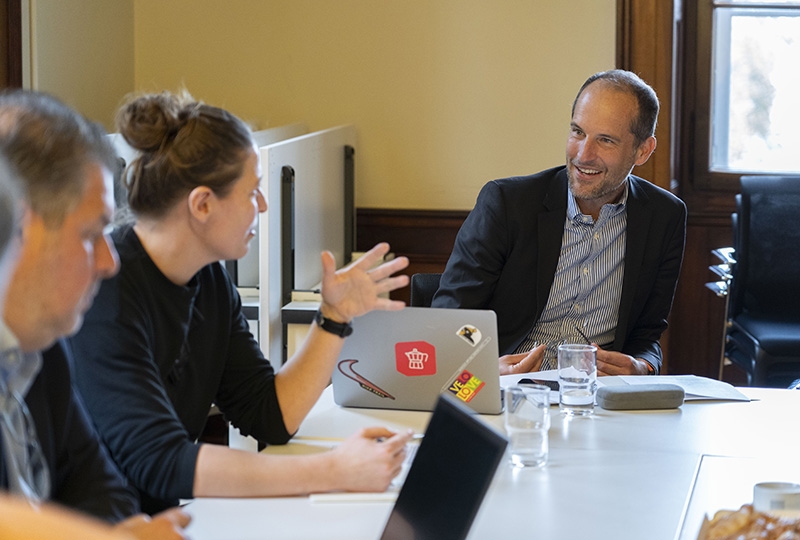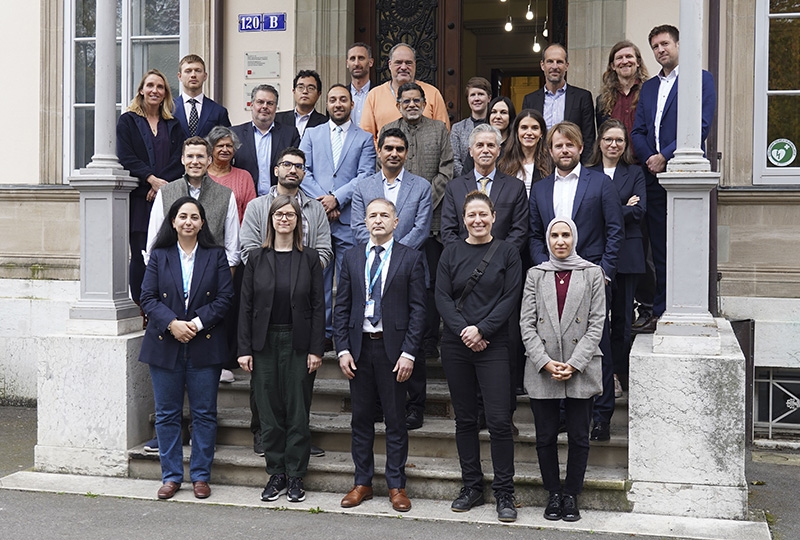19 November 2024
The Geneva Human Rights Platform (GHRP) hosted the III Expert Roundtable on Digital Human Rights Tracking Tools and Databases (DHRTTDs), gathering an international group of stakeholders to address interoperability challenges and opportunities for artificial intelligence (AI) and machine learning (ML) in human rights monitoring. Co-organized with the Office of the United Nations High Commissioner for Human Rights (OHCHR) and HURIDOCS, and as part of an ongoing initiative led by GHRP, this event builds on last year’s Expert Roundtable, which underscored the growing significance of digital human rights tools and databases in achieving efficient, coherent monitoring systems.
This year's roundtable, held at Villa Moynier in Geneva and online, welcomed over 30 experts, including DHRTTD developers, AI specialists, policymakers, and human rights practitioners. Participants explored the theme, ‘Interoperability through Artificial Intelligence (AI) and Machine Learning (ML)’, with sessions that examined both the technical and ethical dimensions of integrating AI into human rights tracking.
‘Interoperability is the backbone of a cohesive human rights monitoring system,’ noted Felix Kirchmeier, GHRP’s Executive Director. ‘Achieving it means reducing redundancy, enhancing real-time data sharing, and fostering a more unified approach to monitoring globally.’
The roundtable examined frameworks for standardized data formats, common protocols, and sustainable funding models to enhance information-sharing across diverse tools while preserving each tool’s unique functionalities. These discussions aimed to reduce fragmentation and enable more comprehensive and efficient human rights documentation and tracking.
‘Interoperability is key to connecting the UN system with regional and national human rights processes,’ underlined Andrea Ori, OHCHR, Chief of the Human Rights Treaties Branch, a.i. ‘By making digital tools practical and responsive, we reduce fragmentation in data tracking, enhance engagement with human rights mechanisms, and strengthen national capacity for effective advocacy and implementation of international human rights obligations.’


